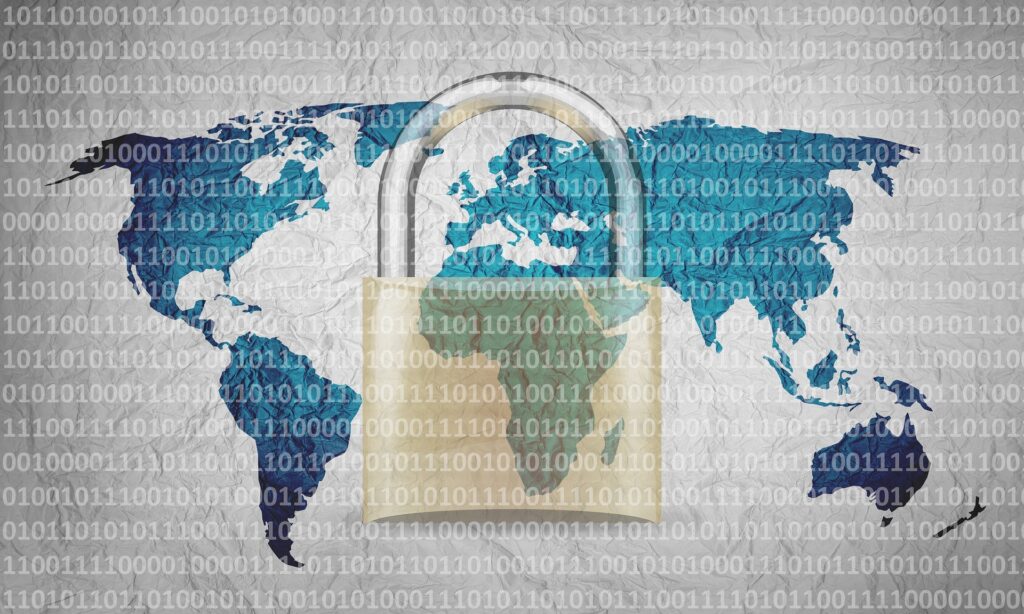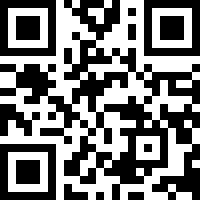Recently we talked about the history of NFC and how it can be used to track products through the supply chain. Today we’ll be talking about how eAgile is developing medical fraud solutions using near field communication technology.
eAgile is an Internet of Things company founded in 2004. (The Internet of Things refers to the interconnection of various smart devices to the internet, such as TV’s, coffee makers, lamps, wearable tech, mobile phones, and so much more.) eAgile makes various devices which feature NFC and RFID technologies, and customize and personalize their products for each client. Their most popular products are custom RFID tags for a variety of different industries and eSeal smart packaging, which is geared more towards consumable products like cosmetics and medicine.
Last year, they released a dual-frequency RFID solution which can allow pharmaceutical manufacturers and retailers to share information with their customers using a combination of NFC and ultrahigh-frequency RFID technologies. This new product, called eLink, puts tags into medication bottles, aluminum seals, and/or labels. These connect to their proprietary cloud-based software. This new system is being built thanks to Apple’s adoption of NFC reading hardware and software in iPhones (Android had this feature previously). Their eSeal system is similar, but it uses RFID technology exclusively and primarily serves the nutraceutical industry.
Thanks to the increased range of potential ID tag data, companies use the UHF RFID technology to enable tags to be read at a distance. So when packages are being moved through warehouses, manufacturing lines, stores, and other places large amounts of product would be sent to, a reader in the doorway captures each tag as it moves through. The ID data is used to let the reader know the name, serial number, dosage, batch, site of manufacture, date of manufacture, expiration date, and more information as needed. By ensuring these tags are read at various choke-points (manufacturer -> distribution warehouse, distribution warehouse -> store, etc.), it ensures that only approved products are moving through the supply chain.
While systems like this have been used for years, until now they could only be accessed by specialized equipment. A scanner in a warehouse bay door is fine for ensuring the validity of the product as far as the distributor is concerned, but customers do not have access to this equipment. Some companies put QR codes on their bottles for customers to scan with their mobile phones, but more often than not this is a stopgap solution to a larger problem. Thanks to the proliferation of NFC technology on mobile phones, especially since Apple’s decision to adopt the standards in their iPhone line and iOS, more customers can scan the same tag the manufacturers, distributors, and retailers use. This allows consumers an unprecedented amount of transparency when they try to learn about the supply chain for products they need to take.
eAgile’s CEO, Gary Burns, expressed his faith in NFC technology and how it can improve quality of life. For example, thanks to the ability to scan which medicines they are taking, integrated apps can remind people to take their medicines at intervals set by their doctors and can also track their usage for personal data.
We here at IDLogiq commend what eAgile is working on, but are developing things in a slightly different direction. We specialize in NFC readers and transmitters, as it is a newer and more versatile technology than RFID. We also go about real-time authentication and validation in our own unique way, building these features in from the ground up. We’re excited to be developing products for such an important and vital field and hope to revolutionize how supply chains are kept secure.


